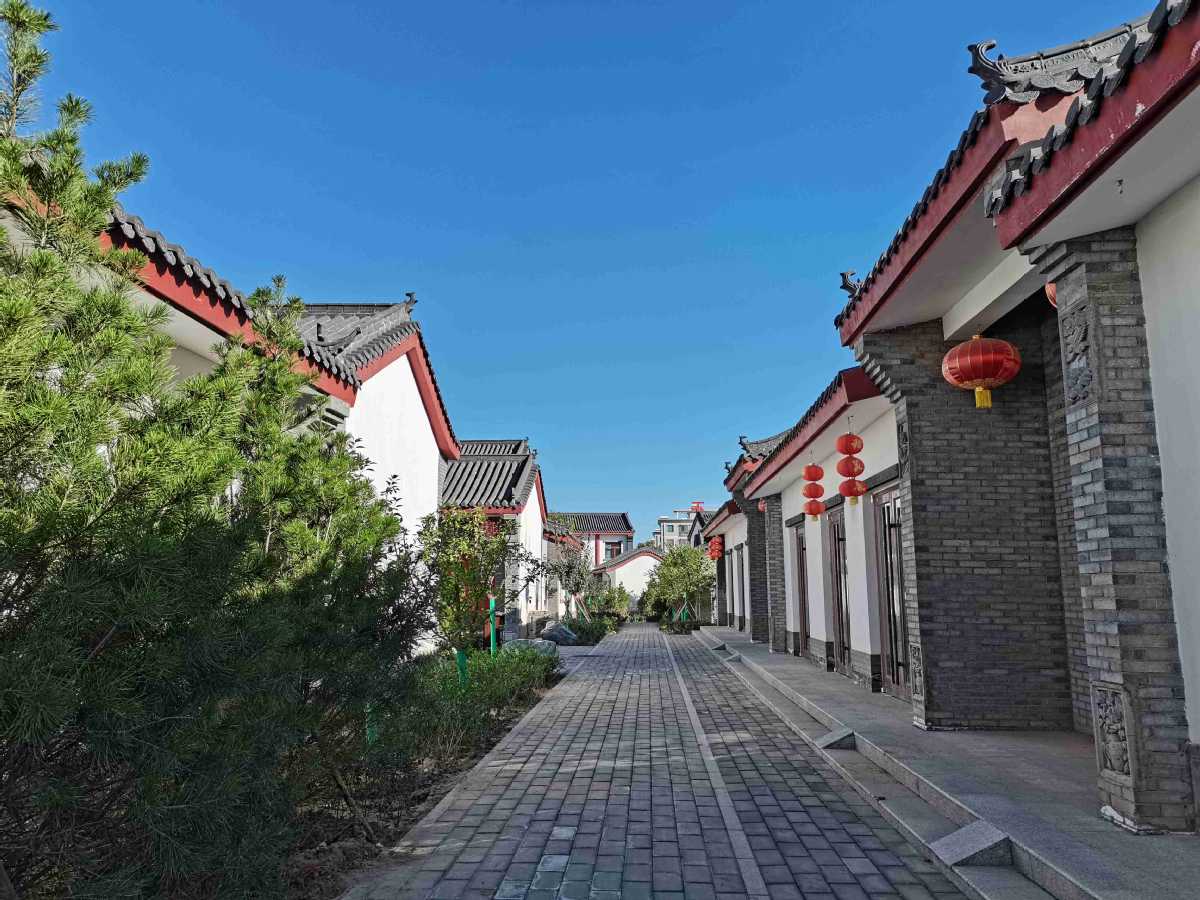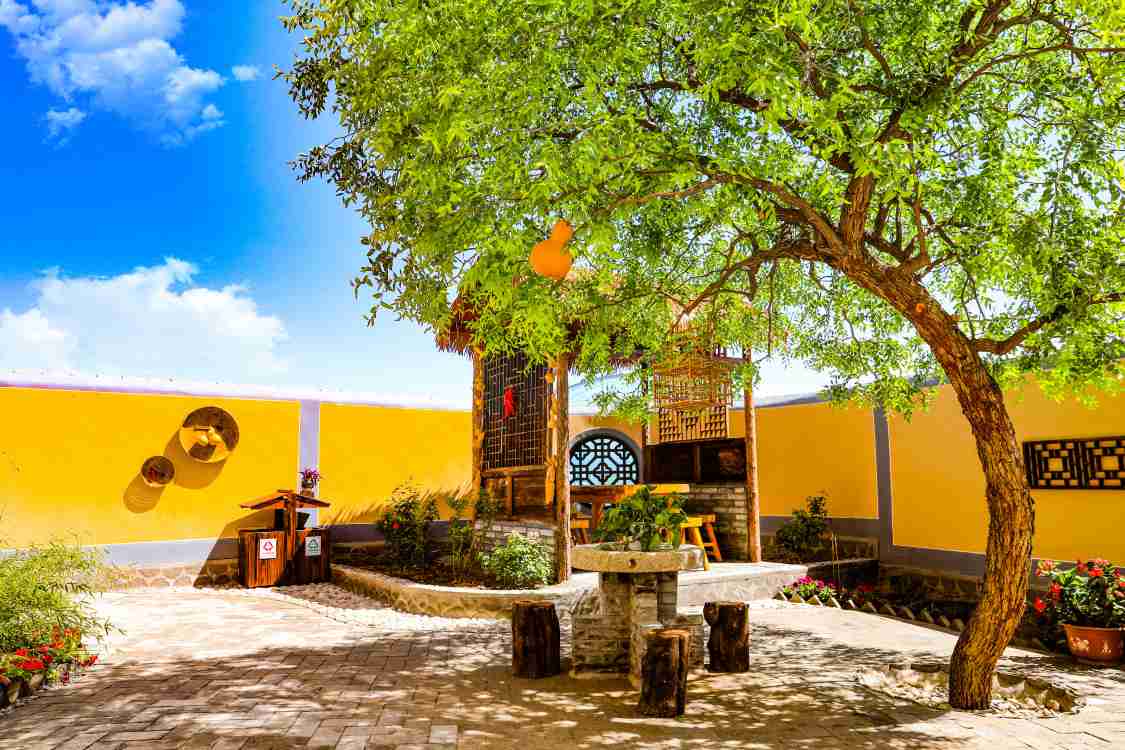来源:中国日报
Original title:Years of hard work paying off to create cleaner and more beautiful villages in Gansu

Gansu province has seen its rural living environment improve and villagers' awareness of hygiene increase over the past three years, local authorities said.
In 2018, it started a three-year action plan targeting rural garbage, sewage treatment and village beautification.
Some villages have become cleaner and developed tourism and leisure agriculture opportunities.
The province has improved rural toilets and upgraded sewage treatment and resource utilization.
By the end of November, it had more than 1.62 million sanitary household toilets.
Of all of Gansu's villages, 97.8 percent had built public toilets by that time.
The province started a governance action against littering in 2017 and passed regulations on rural trash management that year.
By the end of November, the province had appointed 149,000 full- and part-time village cleaners and was running 38,000 vehicles for cleaning, collecting and carrying rural garbage.
Also by that time, it had cleared 89,736 dumping sites spotted by unmanned aerial vehicles and satellite remote sensing.
The province made clean and tidy villages a basic requirement and continues to promote cleaning work. Local authorities have organized farmers to clear household waste, ponds and ditches and livestock and poultry waste to improve their living environment.
Since the beginning of this year, the province has issued a specific action plan for improving the urban and rural environment. It focuses on roadsides, railway lines and watercourses and urban-rural fringe areas.
It has tackled problems such as littering, household waste and piling up firewood messily. The province has commended 10 counties that excelled in cleaning villages and 900 provincial-level demonstration villages of beautiful countryside.
It also investigated basic information about the treatment of rural sewage and implemented 84 provincial-level pilot projects for it. In total, 3,252 villages have completed such work.
The province said it has some experience in finishing the three-year action plan. It has set up eight special work teams to prepare and guide detailed things, including teams for a rural "toilet revolution" and improvement of the rural living environment.

It has taken six actions, including the treatment of rural domestic sewage, recycling of agricultural film, processing of rotten vegetables and high-quality development of rural roads.
The Gansu government has given more priority to rural toilet improvement and village cleaning since 2019. Annually, it has earmarked 300 million yuan ($45.84 million) for the toilets and 200 million yuan for the cleaning for two consecutive years.
The province has spent more than 35 billion yuan in improving the rural living environment since 2018.
It has invited professionals from the Ministry of Agriculture and Rural Affairs to tutor local authorities in policies of enhancing the rural living environment. The ministry has organized expert teams who renew toilets to carry out guidance and training in Lanzhou, Wuwei and Baiyin in Gansu.
The province has also organized 32,000 training sessions in how to improve the rural living environment. It ensures that each family has someone who knows related policies and each village has a technical instructor.
Local authorities in Gansu have publicized policies and measures to enhance the rural living environment and people's knowledge of health and hygiene. They have done this by using popular media, such as short videos. They have also held a photography event that amassed more than 1,000 photos of rural scenery taken by farmers.









